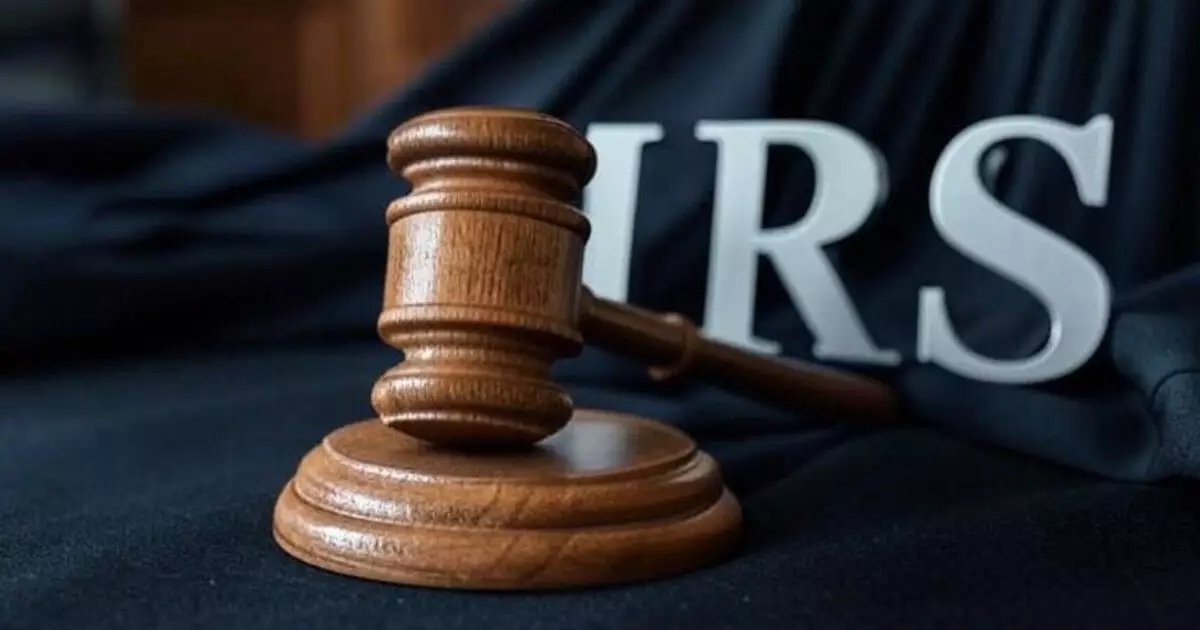In the ever-evolving landscape of digital finance, the regulatory environment plays a pivotal role in shaping the industry’s trajectory. Recently, A16z Crypto, the blockchain-focused arm of the renowned venture capital firm Andreessen Horowitz, has voiced strong opposition to new rules proposed by the U.S. Internal Revenue Service (IRS) and the Treasury Department targeting decentralized finance (DeFi). The firm’s regulatory head, Michele Korver, took to social media on December 30 to outline A16z’s strategic legal support for a coalition of industry advocates including the Blockchain Association, DeFi Education Fund, and Texas Blockchain Council.
This coalition has filed a lawsuit to contest the IRS’s new broker reporting requirements, which they argue jeopardize the very existence of the U.S. digital asset sector. The DeFi Education Fund bluntly characterized the rules as tantamount to a ban on DeFi operations, stating a need for legal intervention to preserve the ecosystem’s integrity. Such strong words imply a belief that regulatory overreach could stifle innovation and hinder the growth of what many believe to be the financial systems of the future.
Korver’s comments suggest that the timing and nature of the new regulatory measures—deemed a “midnight rule”—are both alarming and potentially far-reaching. A16z Crypto asserts that these guidelines overstep the Treasury’s legal jurisdiction and contravene the Administrative Procedure Act by lacking proper procedural transparency. This raises serious questions about the balance of power between regulatory agencies and innovative sectors, particularly as they vie to establish norms that could influence global finance.
In her public remarks, Korver emphasized A16z Crypto’s commitment to advocating for DeFi on multiple fronts. She has reassured developers and stakeholders within the community that the firm is not merely a passive observer but an active participant in the struggle for regulatory fairness. With promises of continued engagement in both legal battles and legislative discussions, A16z projects an image of resilience and determination, aimed at shielding the future of decentralized finance from misaligned regulatory frameworks.
A significant outcry from stakeholders in the crypto community further amplifies A16z’s concerns. Notably, Hayden Adams, the founder of Uniswap, has criticized the government’s regulatory approach as a strategic attempt to sabotage decentralized innovations in the waning hours of the current administration. This sentiment reflects a wider unease among crypto advocates, who fear that heavy-handed regulations could deter investment and innovation in a space characterized by rapid technological advancement.
As the battle against proposed regulations unfolds, the future of DeFi hangs in the balance. With industry leaders like A16z Crypto stepping forward to confront regulatory challenges, it becomes clear that a myriad of stakeholders are willing to fight to protect their vision for a more inclusive financial landscape. The outcome of this legal challenge could have lasting implications, not just for the U.S. digital asset ecosystem, but for DeFi initiatives globally. The community’s resolve, coupled with strategic advocacy, could usher in a more favorable regulatory framework that promotes innovation while ensuring consumer protection.














Leave a Reply